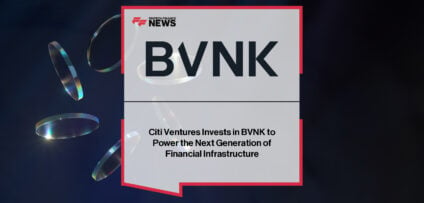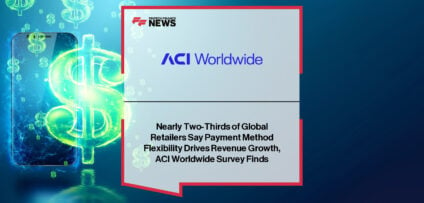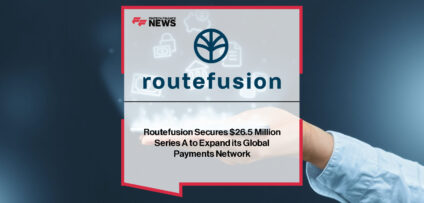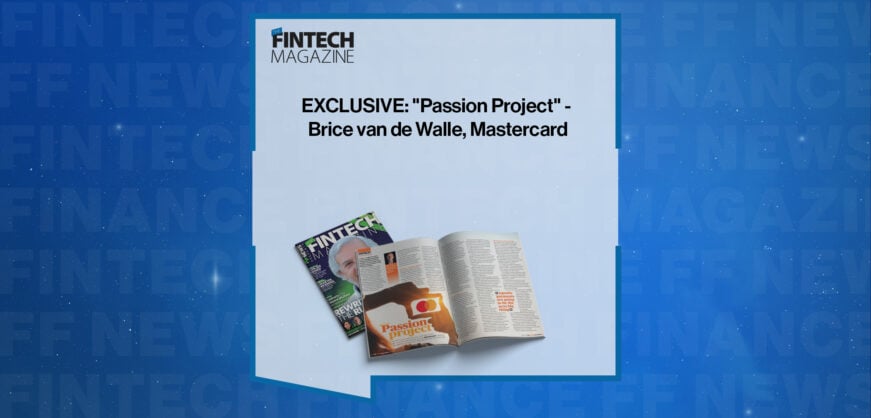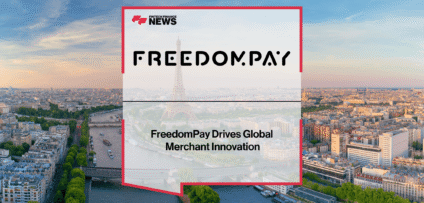Breaking News

How Financial Advisers can Better Engage with Millennials
In the US, millennials account for nearly one third of the working population, a figure set to rise to half of the workforce by 2020. Millennials make up 13% of the ‘wealthy and affluent’ market and they are becoming leaders in entrepreneurship; launching twice as many and more profitable start-ups as their baby boomer counterparts. This misunderstood group tends to not only be overlooked as prospects by financial advisors but is hesitant to work with financial advisors in return. To capitalize on this market, here are five tips to help advisors better engage with millennials:
Fostering relationships should be a priority
Possibly due to the 2008 financial crash, millennials are disengaged from the financial services industry, with 69% reporting that they do not trust traditional financial institutions, which likely encompasses the financial advisory industry, compared to 54% of baby boomers and 59% of Generation X’s. Research also shows that for financial information and long-term advice, millennials trust most their families and in-person financial advisors and value personal relationships.
So, financial advisors should ensure that in their interaction with millennials, whether in their communications, marketing, or new business development initiatives, they emphasise a human touch, even suggesting face-to- face meetings. It is also essential not to rely solely on the automated, impersonal tech-heavy options that are available as these are likely to repel rather than attract millennials, given the importance they place on a personal and personalised approach.
Use tools that reflect millennials’ behaviour
Millennials are creating fundamental shifts in consumer behaviour. Research from PwC reveals that the majority of millennials are more inclined to trust the ‘sharing economy’ and peer recommendations over large corporate brands. It is no surprise then, that innovative financial providers, like Folio, the smart banking app, Acorn, the micro-investing tool and Nutmeg, the online investment management service, are becoming increasingly popular.
Rather than resisting the tech wave sweeping financial services, advisors should embrace it and adopt the most appropriate tools. For instance, Asset-Map is a wealth planning and milestone-driven application that allows clients to create a one-page view of their personal assets. Similarly, BizEquity’s online business valuation service gives advisors an innovative prospecting tool that arms them with the knowledge of what a client’s business is worth, which is key to many personal financial decisions.
Address their goals
Each demographic has different concerns for the future. Yet many financial advisors forget this basic fact and don’t tailor their services accordingly. Among millennials, 47% are concerned about student debt and 93% report that they’d like to own their first house in the near future. When working with this group, showing an appreciation of their short and long-term financial goals is key to convincing millennials to work with individual advisers.
It’s not all about money
Millennials are far more interested than other generations in the social impact of their investments. Some 54% of millennials say they value the positive impact on society when choosing investments, compared to just 34% of Generation X respondents, while only 37% of Baby Boomers echoed this sentiment. Assessing the environmental and social aspects of investment recommendations should be a must for financial advisors wishing to build up their client base in this cohort.
Create authentic social media content
With millennials, the frequency or content of social posts are not as important as a brand positioning itself as unique and authentic. A Forbes study found that 43% of millennials rank authenticity over content when consuming news while 62% of millennials say that if a brand engages with them on social networks, they are more likely to become a loyal customer.
Advisors should harness social media to instigate dialogue beyond a product offering, given millennials wider social concerns, to help build a client community based around shared ideas and experiences. Incorporating videos, imagery, podcasts and client testimonials will work to create an authentic dialogue and reflect the peer recommendation element that is so important for millennials.
Financial services brands, such as American Express, with its aspirational content on Instagram and MasterCard, tend to be leaders in this sector, incorporating stirring content in their social media messaging. Advisors should also use their personal social media platforms, playing to millennials preference for more a more human touch in communications.
Michael Carter founded BizEquity in 2011, the world’s leading provider of business valuation knowledge and big data, and has been named one of the top 100 leaders in Global Fintech, in addition to a top FinTech Influencer in the United States by Let’s Talk Payments.
- EXCLUSIVE: “Passion Project” – Brice van de Walle, Mastercard in ‘The Fintech Magazine’ Read more
- FreedomPay Drives Global Merchant Innovation Read more
- FIS Brings AI-Powered Advancements to Seamless, Personalized Digital Banking Experiences Read more
- Citi Ventures Invests in BVNK to Power the Next Generation of Financial Infrastructure Read more
- Nearly Two-Thirds of Global Retailers Say Payment Method Flexibility Drives Revenue Growth, ACI Worldwide Survey Finds Read more





